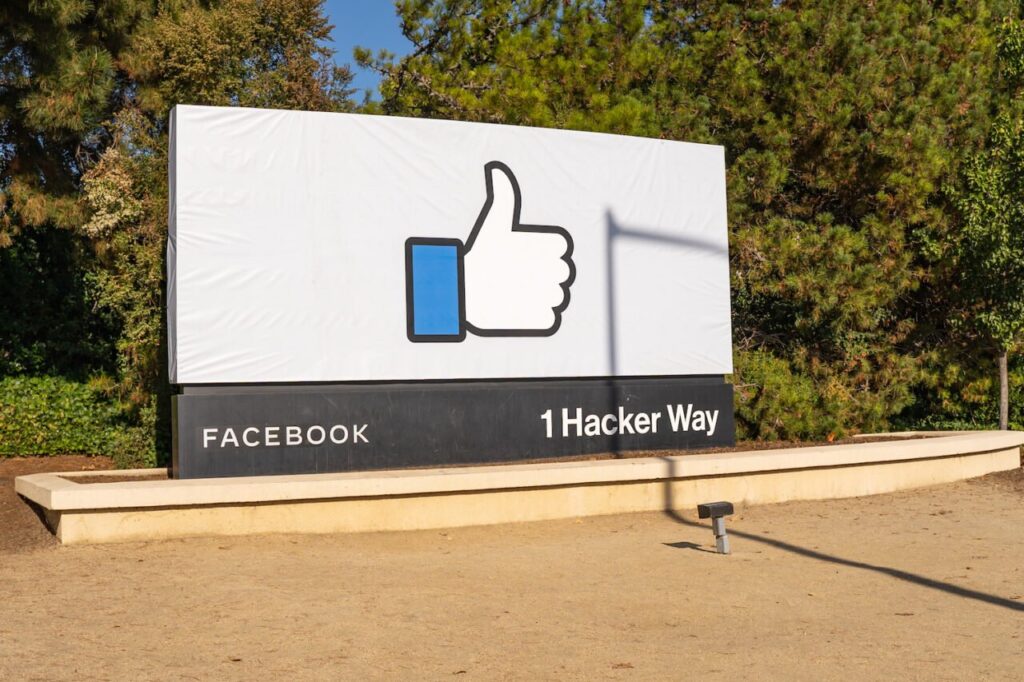
URGENT UPDATE: Meta has just announced that the Facebook Like and Comment buttons on external websites will be officially discontinued on February 10, 2024. This move marks the end of an era for social interaction on the web, as these features have become increasingly obsolete in today’s digital landscape.
This decision highlights a significant shift in how users engage with content beyond the Facebook platform. According to Meta’s blog post, the plugins reflect “an earlier era of web development,” and their usage has naturally declined as the internet has evolved. The company has acknowledged that developers will not need to take any action to remove these features; they will simply vanish and be replaced by an invisible element.
Since their introduction in the early 2010s, Facebook’s Like and Comment buttons aimed to create a more social web experience, allowing users to interact with content across various sites. However, as the digital environment has changed, the relevance of these tools has diminished significantly. The decision comes in the wake of growing concerns over data privacy and user engagement, especially following the Cambridge Analytica scandal.
“The plugins that will be discontinued reflect an earlier era of web development,” said Meta in their announcement.
While the Like and Comment features will be phased out, not all Facebook social plugins are disappearing. The “Share this story” module, still visible at the bottom of many articles, will remain operational, allowing users to share content on their Facebook timelines.
As the digital landscape continues to shift, this change may compel users to rethink how they engage with online content. The removal of these buttons signals a broader trend toward simplifying user experience and enhancing privacy in a post-Cambridge Analytica world. Users are encouraged to adapt to these changes as the web evolves.
What’s next? As Meta continues to refine its offerings, users and developers should stay tuned for further updates. The future of social interaction on the web is likely to see more streamlined features that prioritize user privacy and engagement.
Stay connected for the latest developments on this story—your web experience is about to change dramatically.





